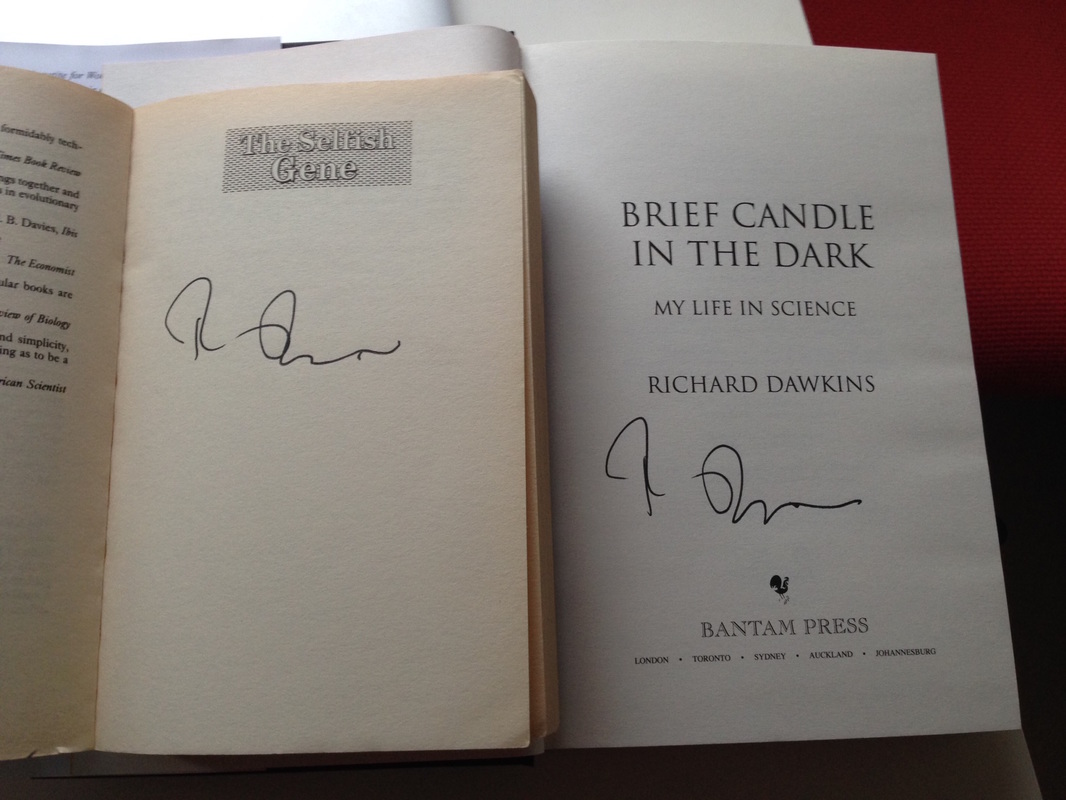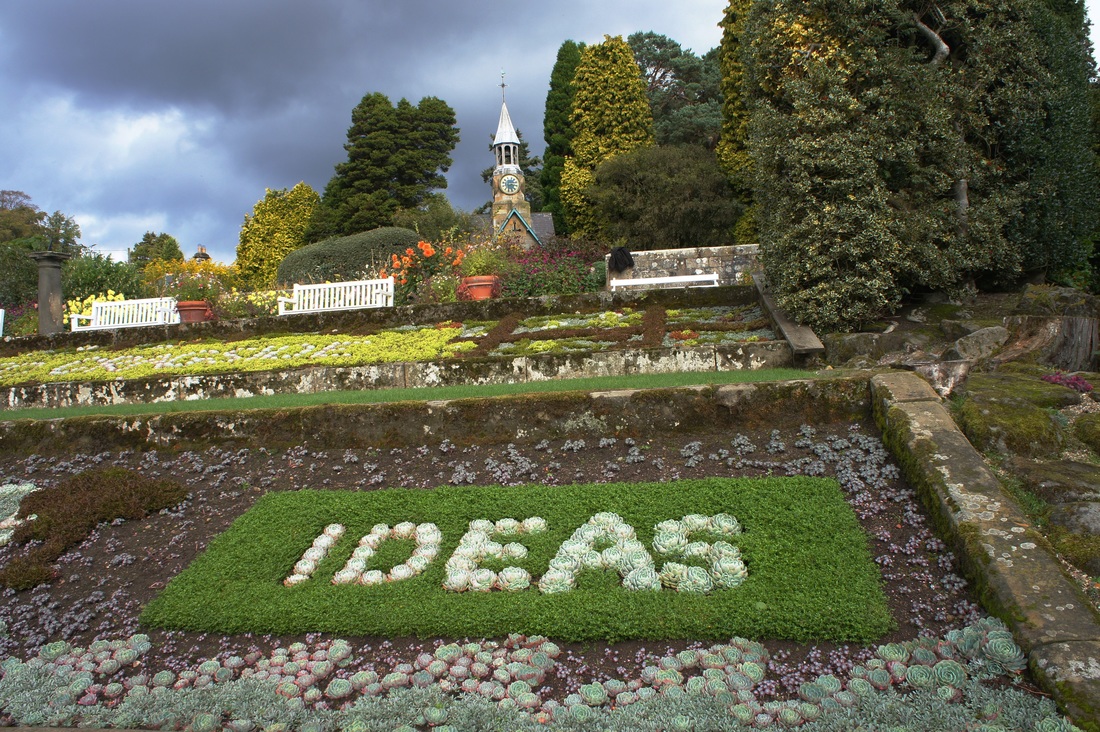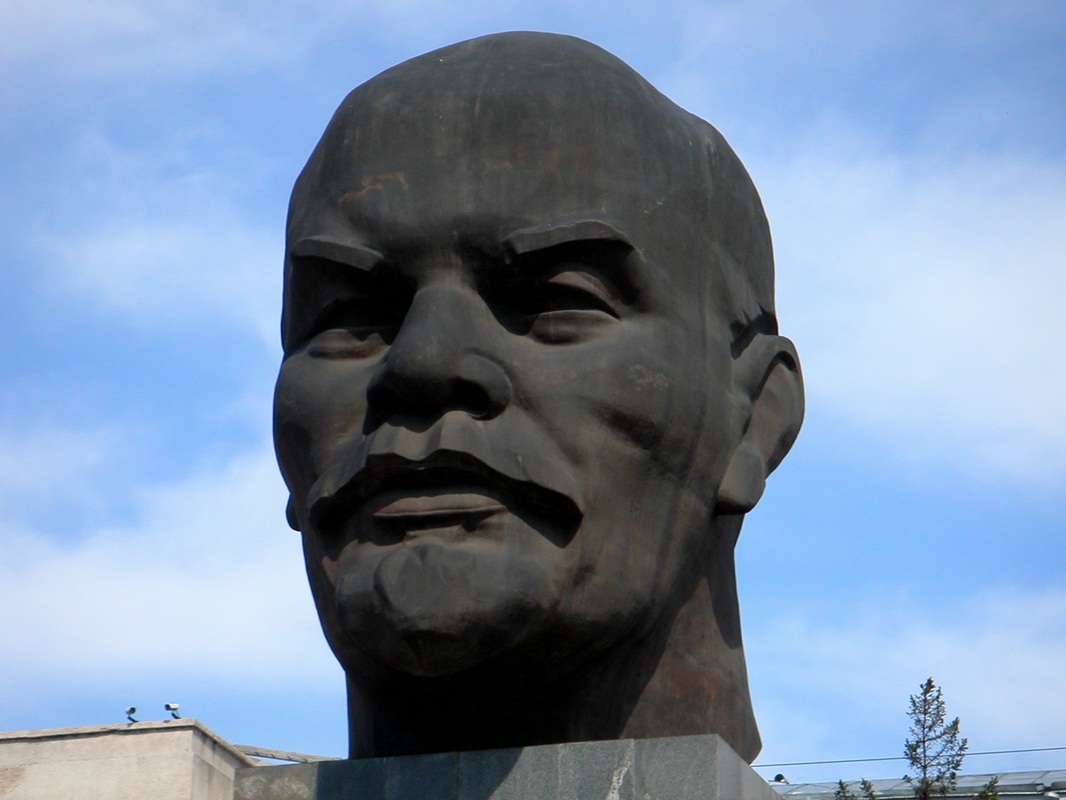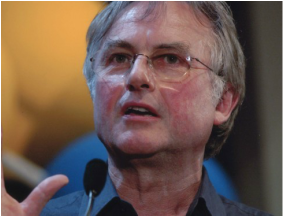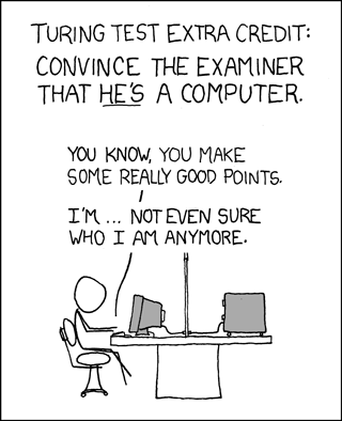---------------------------------------------------
Winston loved his country. It hurt him deeply to see its people oppressed by the Nazi occupiers. But after the German defeat of the British army in the slaughter of Dunkirk, and America's decision to stay out of the war, it was only a matter of time before Britain became part of the Third Reich.
Now the situation looked hopeless. Hitler faced no international opposition and the British resistance was ill equipped and weak. Many, like Winston, had come to the conclusion that there was no way they could defeat the Germans. But by being a constant source of irritation and forcing them to divert precious resources to crushing the uprising, it was hoped that, sooner or later, Hitler would realise that occupying Britain was more trouble than it was worth and would withdraw.
Winston was far from convinced the plan would work, but it was their last resort. The major problem, however, was that it was so difficult to strike in ways which would cause the regime serious problems. That is why they had reluctantly agreed that the only effective and reliable method was for resistance fighters to turn themselves into human bombs, so that their own sacrifices caused the maximum disruption and terror. They were all prepared to die for Britain. They just wanted to make sure their deaths made a difference.
Baggini, J., The Pig That Wants to Be Eaten, 2005, p. 103.
---------------------------------------------------
No matter what the latest current event is, this is always a sensitive subject, so I'll try to treat it respectfully on Friday when I return with my thoughts on this. But in the meantime, what say you? Could suicide bombing ever be justified?

